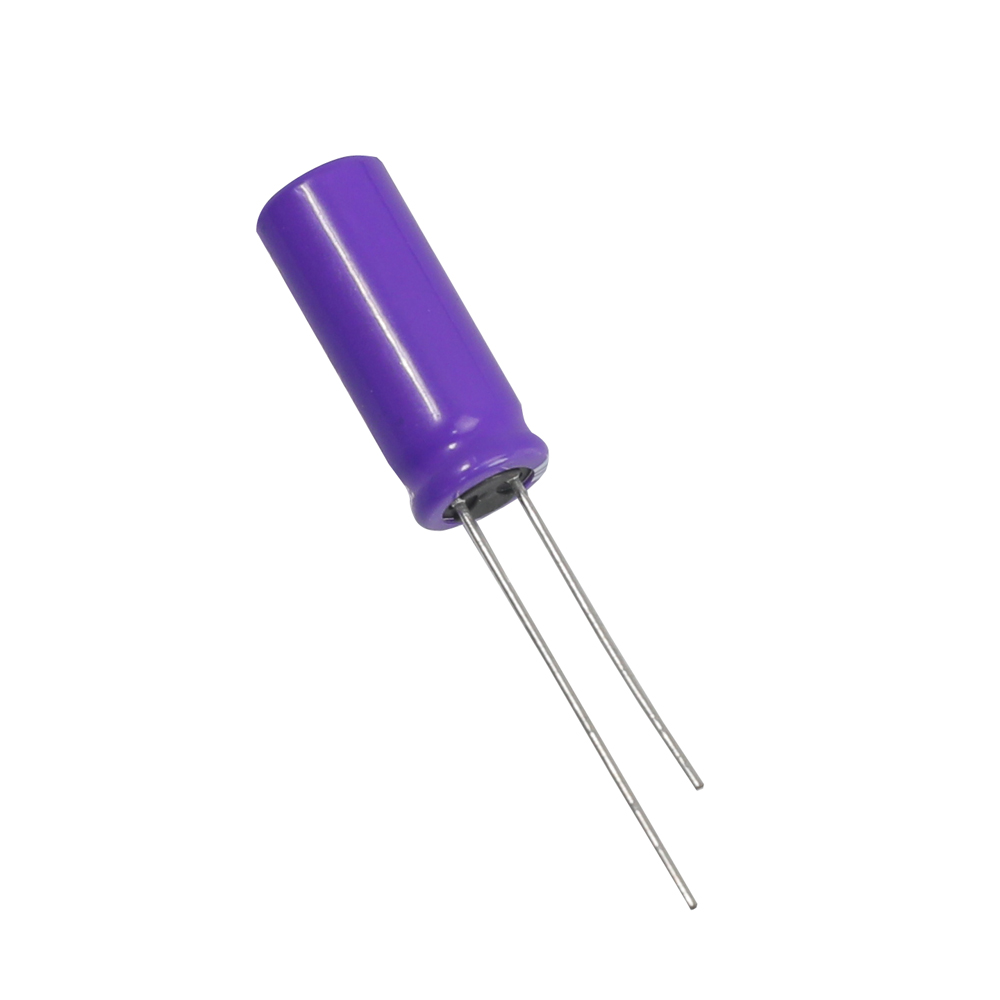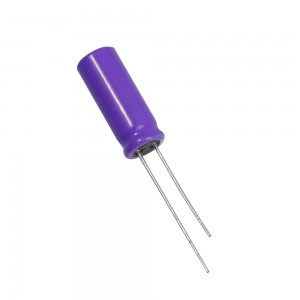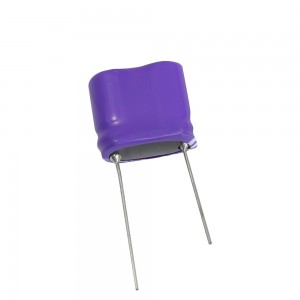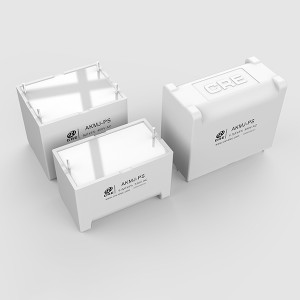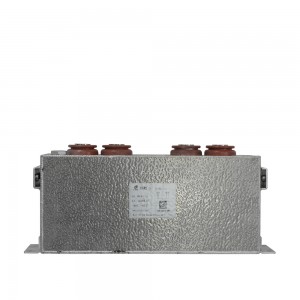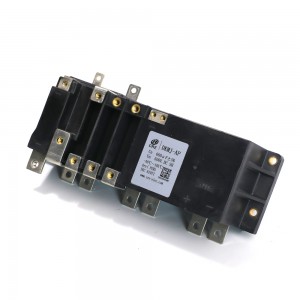super capacitor
Application
Ups system
Power tools, power toys
Solar system
Electric vehicle & hybrid electric vehicle
Backup power
Why super ?
Supercapacitors store energy in the separated charge. The larger the area used to store the charge and the denser the separated charge, the greater the capacitance.
The area of a traditional capacitor is the flat area of a conductor. In order to obtain a larger capacity, the conductor material is rolled up very long, sometimes with a special structure to increase its surface area.A traditional capacitor separates its two electrodes with an insulating material, usually plastic film, paper, etc. These materials are usually required to be as thin as possible.
The area of the supercapacitor is based on the porous carbon material, which has a porous junction that allows an area of up to 2000m2/g, with some measures leading to a larger surface area.The distance the supercapacitor's charge separates is determined by the size of the electrolyte ions attracted to the charged electrode.The distance (<10 Å)And the traditional capacitor film material can achieve a smaller distance.The distance (<10 Å) is smaller than that of traditional capacitor film materials.
This large surface area combined with very small charge separation distances makes supercapacitors have a surprisingly high static capacity compared to conventional capacitors.
Compared with battery ,which is better ?
Unlike batteries, supercapacitors may be superior to batteries in some applications.Sometimes combining the two, combining the power characteristics of a capacitor with the high energy storage of a battery, is a better approach.
A supercapacitor can be charged to any potential within its rated voltage range and can be released completely. Batteries, on the other hand, are limited by their own chemical reactions and work in a narrow voltage range, which can cause sexual damage if over-released.
The state of charge (SOC) and voltage of a supercapacitor form a simple function, while The charged state of a battery involves a variety of complex conversions.
A supercapacitor can store more energy than a conventional capacitor of its size.In some applications where power determines the size of energy storage devices, supercapacitors are a better solution.
A supercapacitor can transmit energy pulses over and over again without any adverse effect, whereas a battery's life is compromised if it transmits high power pulses over and over again.
Ultracapacitors can be recharged quickly, while batteries can be damaged if recharged quickly.
Supercapacitors can be recycled hundreds of thousands of times, while the battery life is only a few hundred times.


